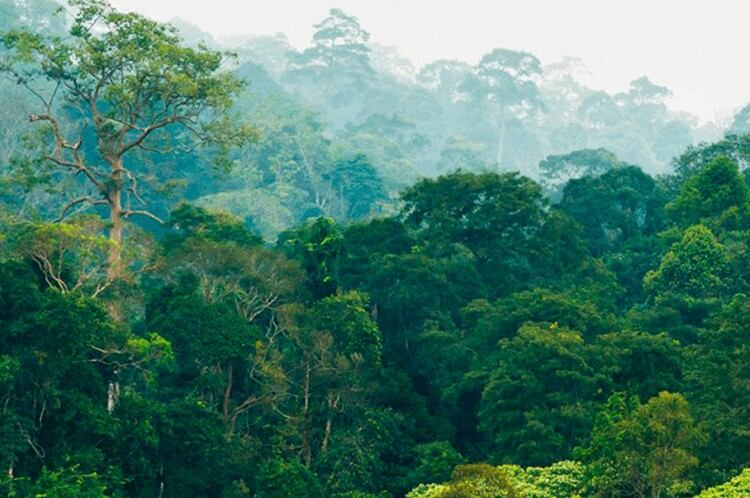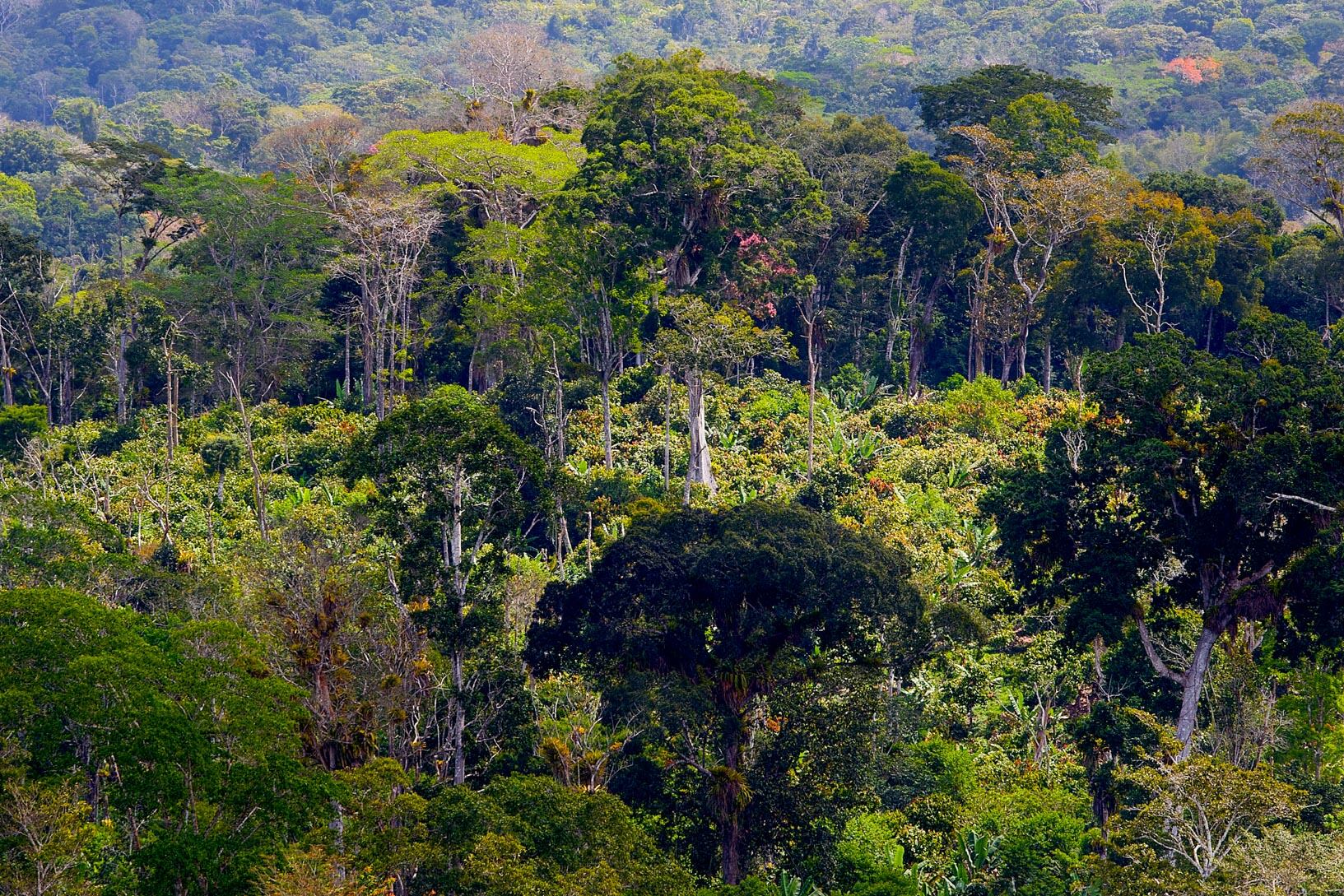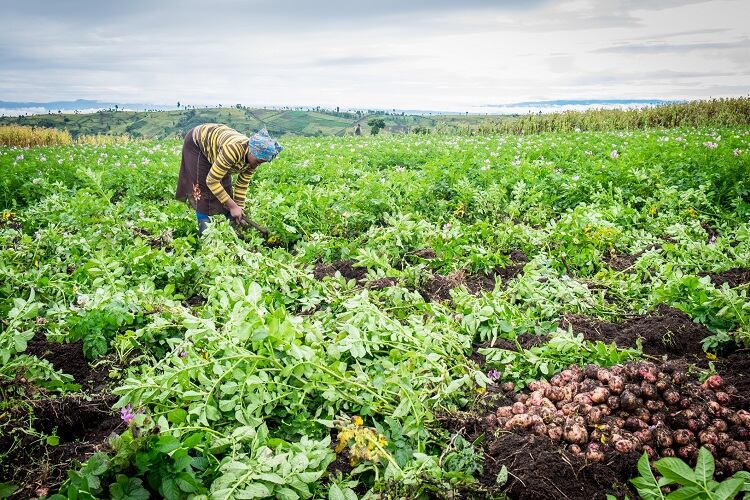Throughout the tropics, rates of forest and biodiversity loss are accelerating while the global impacts of the climate crisis are escalating. If tropical deforestation were a country, said the Rainforest Alliance, it would rank third in global emissions, behind only China and the US.
Much of the deforestation is driven by the expanding production of key commodities, including coffee, timber, palm oil, rubber - and cocoa. If the world is to turn the corner from increasing tropical deforestation and accelerating .
This robust public-private partnership brings unprecedented reach in finance, markets, sustainability standards and large-scale landscape management.
Over the next five years, Business Case will convene the private sector, governments, and local producers and organizations in some of the world’s most important tropical ecosystems and sourcing regions to address global environmental challenges associated with commodity-driven deforestation, including greenhouse gas emissions and biodiversity loss.
Working in Peru, Ecuador, Brazil, and Indonesia, Business Case says it will pilot a novel landscape approach that leverages the complementary expertise of its partners while benefiting local and indigenous communities and enterprises.
The goal of the activity is to unlock international finance for sustainable production, channel it to well-planned landscapes, and ultimately stabilize critical deforestation frontiers. Through its support for this activity, USAID will advance the Agency's new Climate Strategy, which aims to achieve significant reductions in global greenhouse gas emissions, improved resilience to the impacts of climate change, and climate-positive reforms to USAID operations by 2030.
Projected impacts and results by 2026
• 12.1 Million tons of CO2 emissions reduced (forecasted reductions through 2030)
• 1.8 M hectares under improved natural resource management (NRM)
• More than 12,000 people with economic co-benefits, which will lead to improving livelihoods
• US$ 30 million mobilized
These impacts will be enabled by:
• More than 300 companies and investors with enhanced engagement in landscape
sourcing, investing and strategy execution
• 70 institutions with enhanced capacity
• 27 innovative policy frameworks, standards, and tools to enable stakeholders to act



